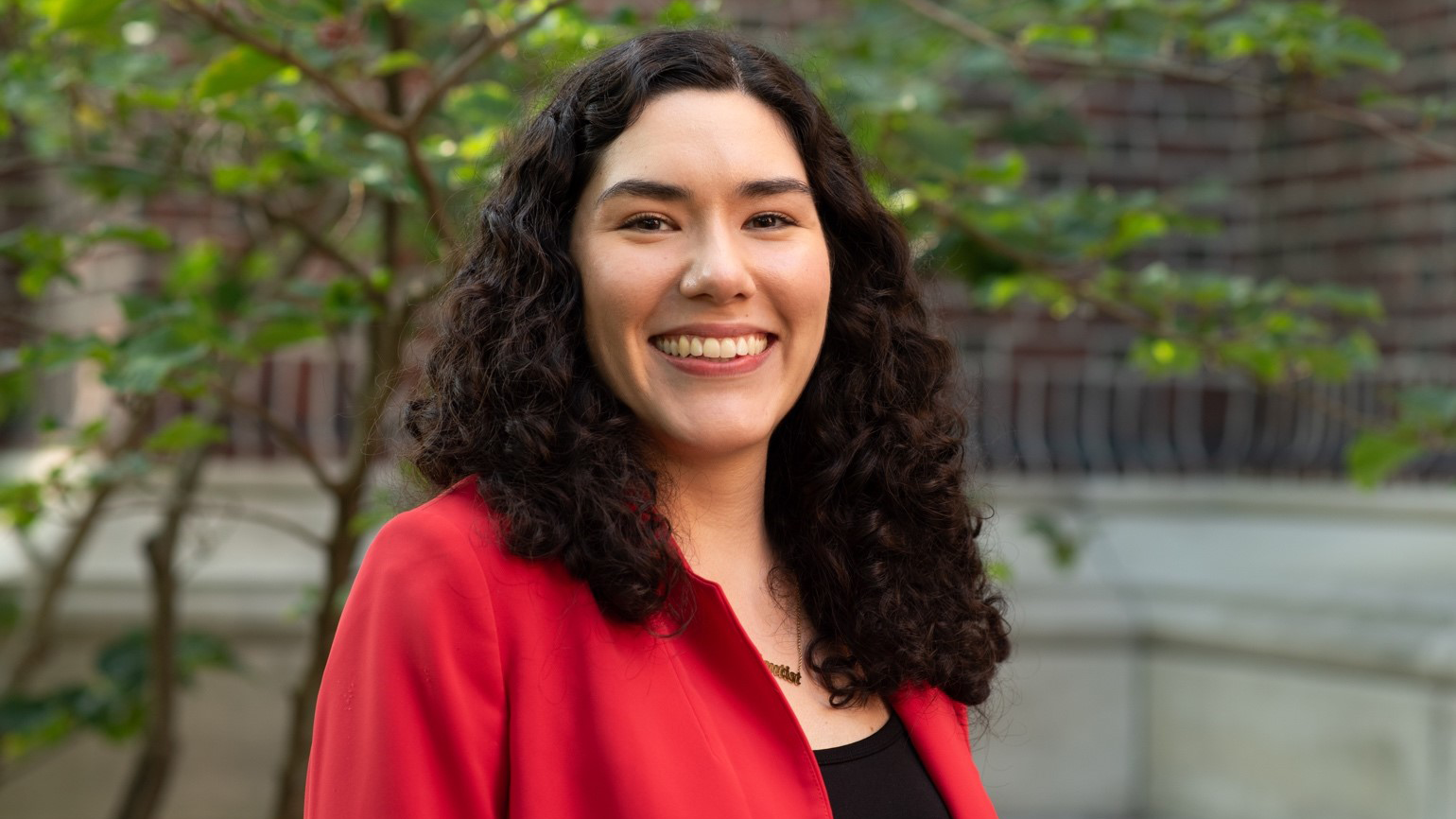I’m fascinated by what makes individuals prone to mental illness. My current research explores the lifelong effects of early life adversity on susceptibility to psychopathology such as anxiety and depression. My goal is to find translational biological endpoints that can predict disease onset, inform early interventions, and ultimately prevent these disorders from occurring in the first place.
Photo by Celia Muto
What career did you aspire to as a child and why?
I grew up watching my dad produce a band called “The Partners.” My earliest memories were of wanting to be a singer like them, play an instrument in a band, and travel the world. I think what I sought was adventure and excitement, to always have new experiences, and to be creative. One day I just realized I was bad at singing and that I preferred getting lost in my books to escape my world. I had these science and math books I’d always tote around, fascinated by these things we seem to know about but can’t see. I grew up a first generation college student though, surrounded by my wonderful mix of Hispanic and working-class family. So, even though I said I wanted to be a scientist as a kid, I had no clear examples of people doing that around me and wasn’t convinced it was even possible for someone like me.
When I got to college, I was set on being a journalist; it’s what I thought would make me happy. I knew that books, reading, and investigating were all in some way best suited for my personality. However, at Barnard (a wonderful women’s college in NYC that I was tremendously fortunate to attend), I saw women in laboratories, heard about exciting research, and recalled back to when I was a kid poring over those science books. I didn’t know that people—let alone women with my background—actually did this in real life. I felt so naïve for not knowing you can write, investigate, and answer fascinating biological questions relevant to my own life. Serendipitously, for one of my interviews as a journalist on the Columbia Spectator, I was interviewing Dr. Stuart Firestein, who studies olfaction in mice but also has written some incredible books, including one about ignorance in science. I asked him on the spot if he’d hire me to work over the summer, and he said yes. I fell in love with the scientific process through his lab. The year after working in his lab, I ended up finding another amazing mentor: Dr. Christine Ann Denny. In her lab, I addressed questions about memory and stress resilience that solidified my passion for science. She guided me through my many years of college and graduate school. I have her to thank for my development as a researcher and as a person, always.
What is the hardest part about the work you do?
Something I often tell my students is that an academic research career is truly not for everyone. For one, you have to have a solitary mindset to be happy as a scientist. I love tinkering by myself in the lab and peering into microscopic worlds. I love the possibility of knowing something no one else in this whole world knows. You have to be persistent, prepared for a lot of rejection, and trust that your detective skills will lead you to the next insight. And you have to be genuinely passionate about the questions you’re asking and comfortable knowing that in your lifetime, you may never be able to answer them. But then again, you may tomorrow! That possibility is what drives us.
On the other hand, science is what is pushing our species forward. And without communicating your work, without getting others lit up about the research you do, you may as well not have done anything at all. Our work relies both on quiet introspection and on the willingness to get up in front of a crowd and say, “here, let me tell you a story about something I care about and have dedicated my life to, and this is why you should care, too.” Harnessing the art of storytelling and being able to touch upon our common desire to know the world, to be dazzled, to be awed, is something that a lot of people don’t realize is essential to being an impactful researcher and can be the hardest—but most wonderful—part of the job.
What are your hopes for the future?
I would love to see science more valued and respected as an endeavor. Virtually everyone in academia is aware of its many flaws, and most are pushed out. I think a lot about how to make the culture in these ivory towers more amenable to people of all backgrounds. I am passionate about making science accessible to anyone who wants to address these big questions. For now, I do what I can as a postdoc until I can one day be in a position to make greater changes

